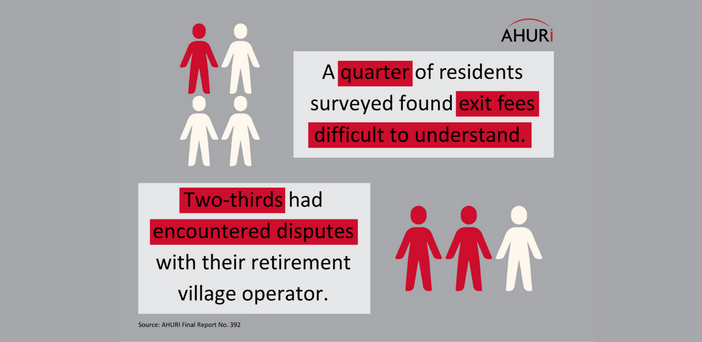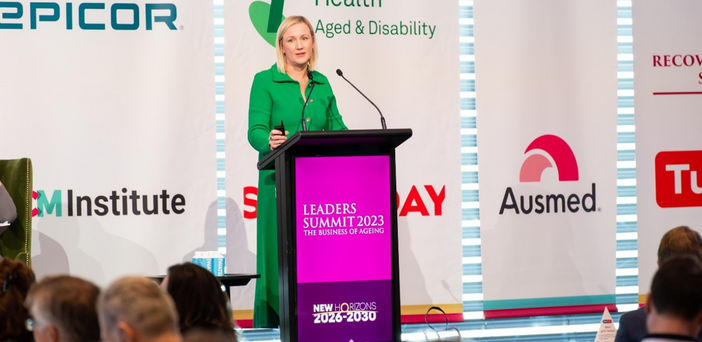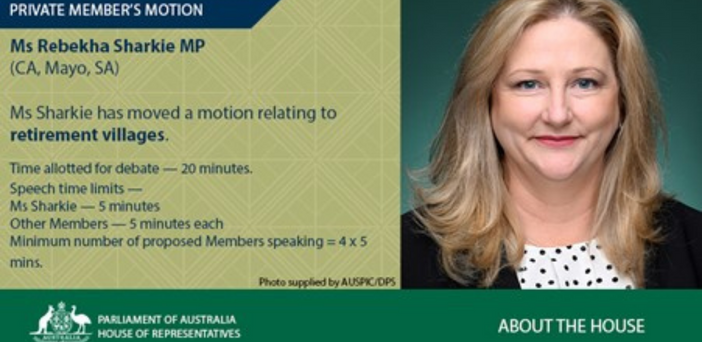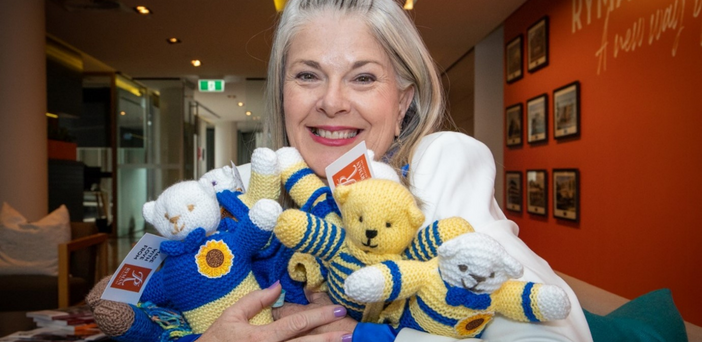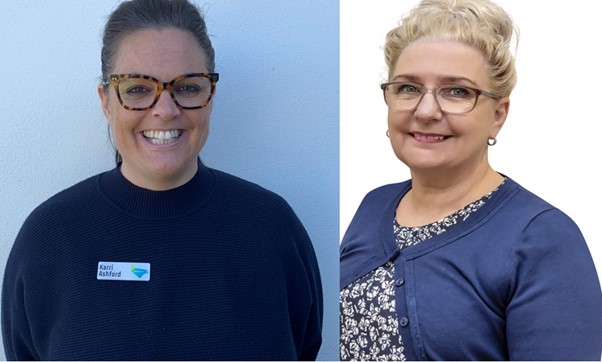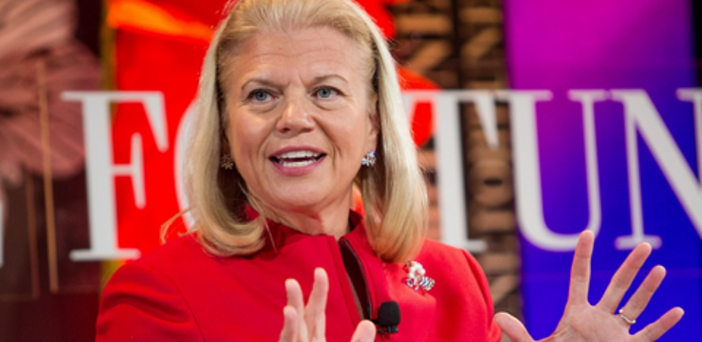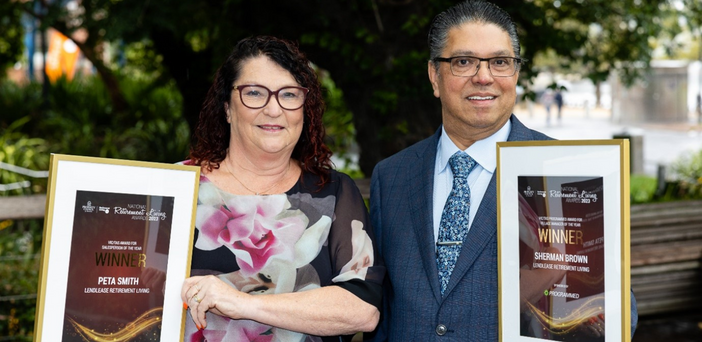In a precursor for retirement village operators and residents in each state, the ACT Government is investigating setting up the …
With new laws being enacted across every State and Territory aimed at tackling psychosocial safety in the workplace, operators need …
Rebekha Sharkie, the South Australian MP, moved a motion in Federal Parliament yesterday (Monday) asking the Government to consider regulating …
Ryman Healthcare residents in Australia and New Zealand have come together to spread love and support to displaced Ukrainian children …
As a Retirement Village or Community Manager in Australia, it is important to be aware of the benefits of Advanced …
Workers at the For Profit business, which has 10 retirement villages in WA, won the Village Manager of the Year …
The NSW Retirement Villages Residents Assn asked Liberal and Labor what to expect if they win this Saturday. Both talked …
Victorian land lease owner/operator Lifestyle Communities has been named as an Employer of Choice for Gender Equality Citation (EOCGE) by …
Recently, I had the pleasure of listening to Ginni Rometty being interviewed on a Harvard Business Review podcast. Rometty, former …
Sue McKechnie said it was her family role models who actively sought out leadership roles in their local communities that …
DCM Institute member Charisse Spence (far left) is Village Manager of Ryman Healthcare’s Deborah Cheetham Retirement Village at the seaside …
Two Lendlease Retirement Living employees have been named the Retirement Living Council’s best Village Manager and Salesperson in VIC at …

